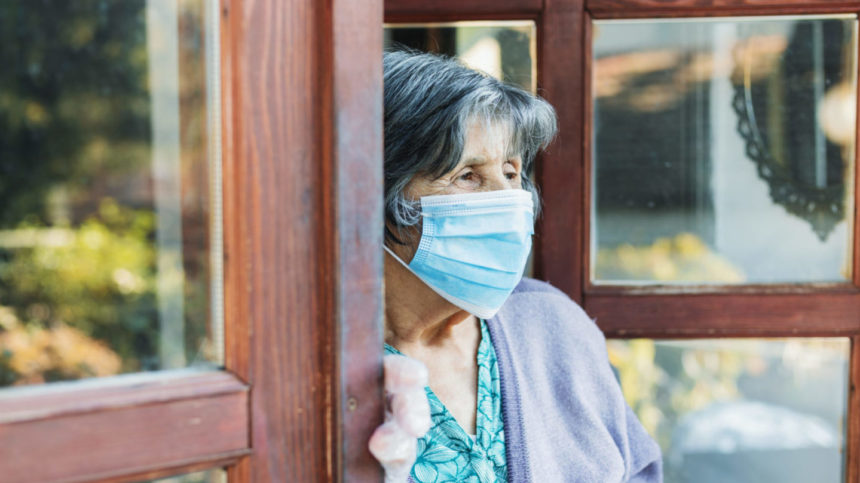
The impact of chronic disease and the inequitable burden of COVID-19 must be addressed as the United States moves into a “new normal” phase of pandemic mitigation, two experts contend.
Currently, policymakers are calling for investments in biomedical research, variant-tailored and universal vaccines and therapeutics, and an agile pandemic preparedness infrastructure. But they aren’t addressing two key lessons from the first two years of the pandemic, the authors wrote in a viewpoint published Monday in the Journal of General Internal Medicine.
These lessons are: the key role of noncommunicable chronic diseases in exacerbating COVID-19, and the disproportionate burden of COVID-19 on underserved populations and communities of color, wrote Jun Ma M.D., Ph.D., from the University of Illinois at Chicago, and James F. Sallis Ph.D., from the University of California, San Diego.
The overlap of chronic disease and COVID-19 have created a synergistic endemic or “syndemic” that worsens the societal burden of disease and the likelihood of poor individual outcomes, Ma and Sallis explained.
For example, “nearly 95% of US adults hospitalized with COVID-19 between March 2020 and March 2021 had an underlying condition,” they noted. These conditions included hypertension, lipid disorders such as high cholesterol and obesity. Meanwhile, patients with obesity, complicated diabetes, anxiety disorders or who had multiple comorbidities were most likely to experience death from COVID-19. And people with breakthrough infections were more likely to have severe outcomes if they had a noncommunicable disease such as pulmonary, liver, neurologic or kidney diseases.
“What we really need is a comprehensive syndemic control strategy because, in truth, the pre-pandemic state of health in the U.S. was not ideal in the first place,” said Ma in a statement.
The authors proposed “practical, immediately actionable steps” to address these crises and help Americans gain control of their health, including the following:
- Prioritizing screening, including at COVID-19 vaccination and testing locations, for medical and psychological chronic conditions that are highly treatable but often undiagnosed and poorly managed;
- Mobilizing the national vaccine promotion and distribution infrastructure to also disseminate proven lifestyle and behavioral health programs;
- Expanding campaigns for COVID-19 vaccination to also promote healthy lifestyles and mental well-being; and
- Expanding COVID-19 emergency response partnerships between medical systems and community-based organizations, and efforts by public and private insurers to include behavior change interventions in routine healthcare delivery and coverage.
Related articles:
FDA planning for a “new normal”: annual COVID-19 and flu shots
Next COVID-19 wave may be chronic lung disease, study suggests




